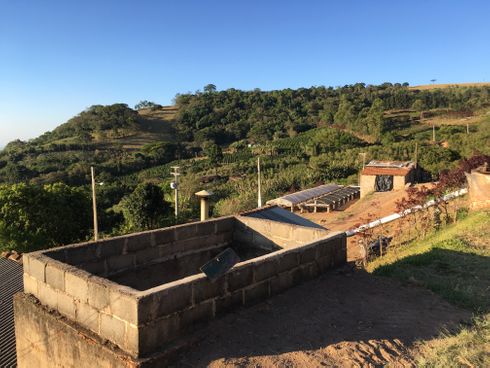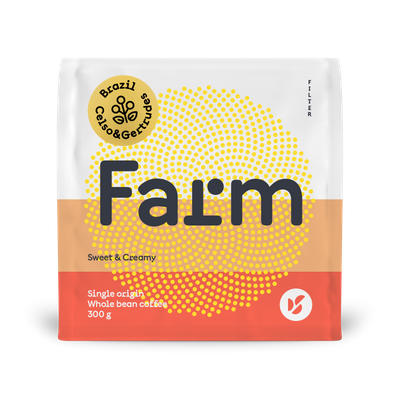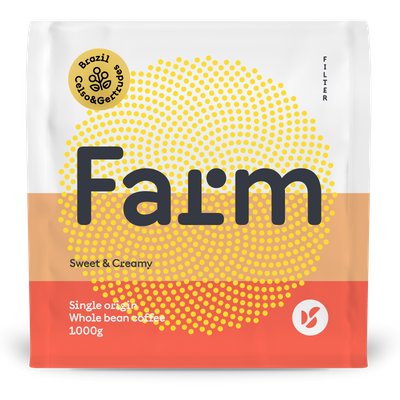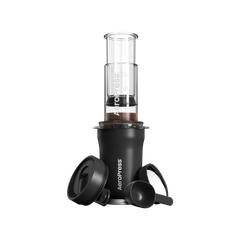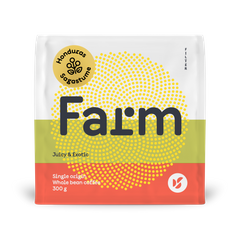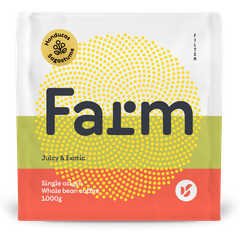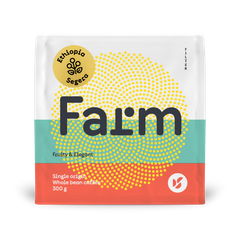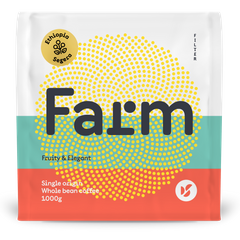
| Country | Brazil |
|---|---|
| Farm | Boa Vista |
| Varietal | Arabica Catuaí |
| Processing | Natural |
| Crop | August 2024 |
| Partnership | since 2010 |
| Coffee type | Whole bean |
| Flavour | Sweet & Creamy |
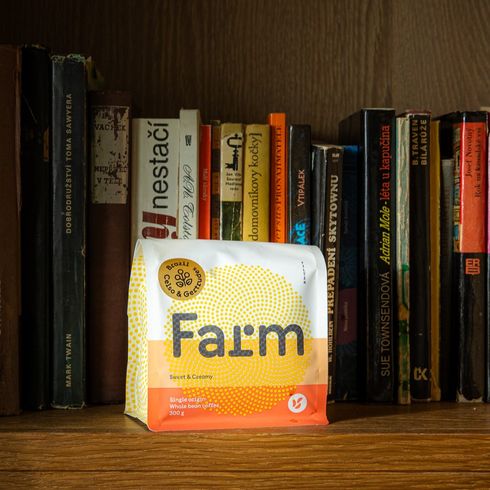
Brazil Celso and Gertrudes
Coffee from Celso, his wife Gertrudes (sister of Joao Hamilton) and their son Dener Agosto, was one of the first Brazilian coffees in our offer. The quality of the coffee and sustainable farming processes are the reasons why it has remained until now. The family owns the Boa Vista farm in the Caconde region where they grow and process 70-300 bags of coffee per year. We are happy to be purchasing their whole crop every year.
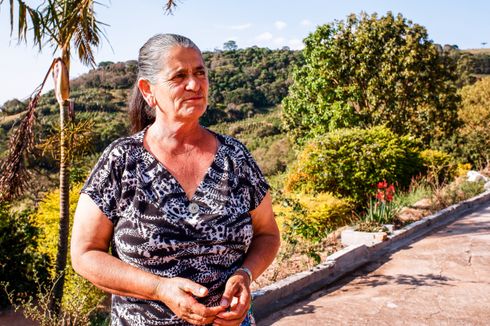
Celso and Gertrudes' rapid progress was primarily aided by his collaboration with Fazenda Ambiental Fortaleza (FAF). This is a farm and export company owned by the Croce family, which emphasizes an uncompromising and responsible approach to the environment. This is evidenced by the fact that their farm was among the first organic (not just coffee) farms in Brazil.
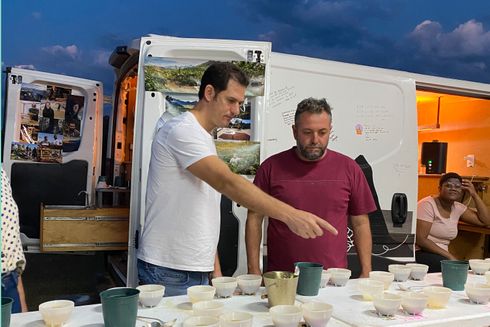
We select several coffees from Celso and Gertrudes each year. In this case, it is the dry-processed catuaí variety. Along with Obata, it is the best we can taste each year. The coffee has high maple syrup sweetness and a light red fruit undertone. Ideal for filter coffee, but also suitable for moka pots.
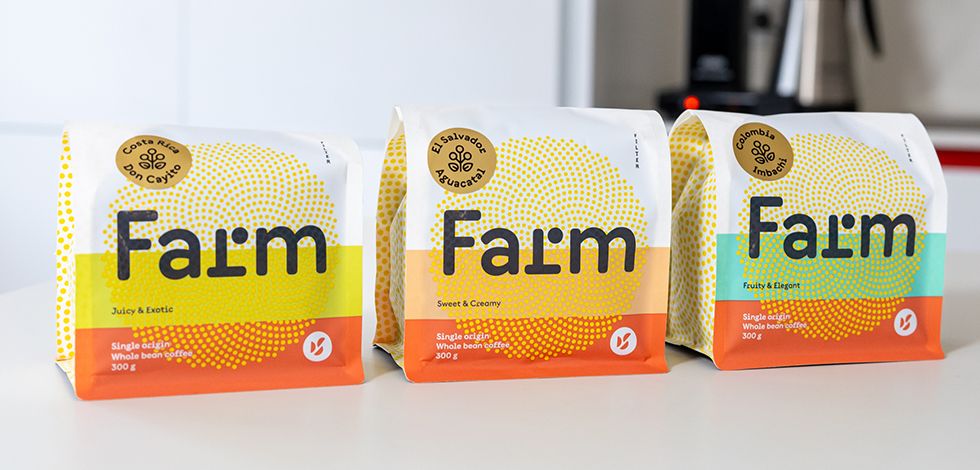
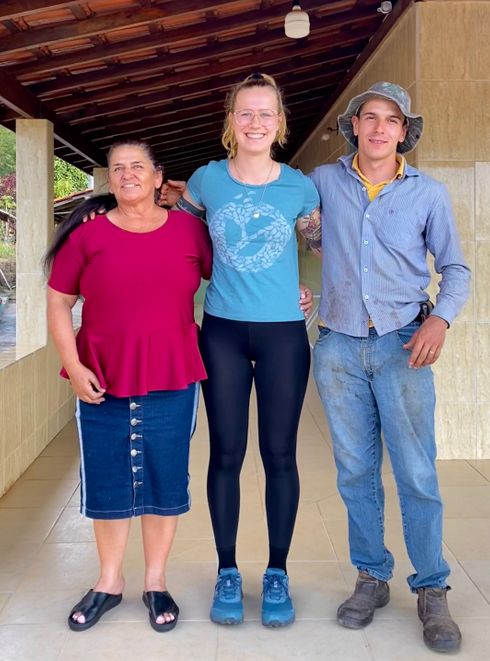
Flavor Description
This coffee was selected by our barista Kamila during her autumn visit to Brazil. In her tasting notebook, she wrote: hazelnuts, creamy body, brown sugar, maple syrup, red fruit. Translated - expect a rich cup of coffee dominated by sweetness and minimal acidity. Ideal for those who do not favor overly fruity coffees.
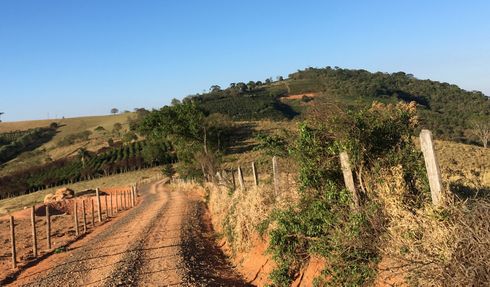
Farm Introduction
From commodity coffee to ecological farming
Until 2007, Celso & Gertrudes focused their work predominantly on the commodity market. That meant growing and processing as much coffee as they could without considering the impact of heavy use of synthetic chemicals on their farms. Not mentioning the poor quality of the final product. The reality of "C" market (low prices, volatility etc.) together with the unsustainable farming practices, forced Celso and his wife Gertrudes to either quit coffee farming altogether or change their philosophy drastically.
In collaboration with Marcos Croce and his son Felipe from the renowned Fazenda Ambiental Fortaleza (FAF) farm, they focused their efforts on selective harvesting of ripe cherries, drying coffee on African beds, and especially on separating the harvest by variety or date (microlots).
